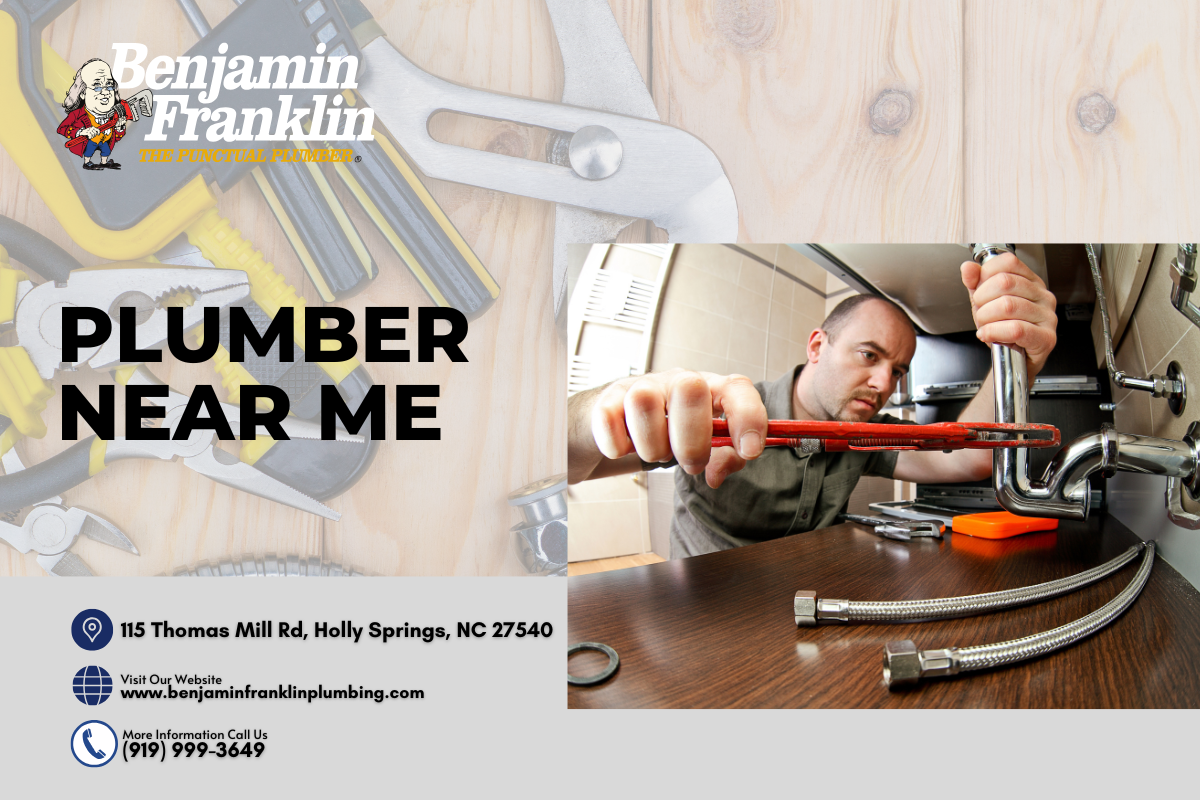
In the world of plumbing, the materials used for pipes can significantly affect the efficiency, longevity, and functionality of your home’s plumbing system. From water supply lines to drainage systems, understanding pipe materials is crucial for homeowners seeking to maintain or upgrade their plumbing. This comprehensive guide delves into various pipe materials, their pros and cons, and how they impact your home's plumbing system.
Understanding Pipe Materials and Their Impact on Your Home’s Plumbing System
When it comes to plumbing, selecting the right pipe material is essential. Different materials have unique characteristics that influence their performance in various applications. Your choice can affect everything from water quality to installation costs, making it imperative to understand what each option offers.
1. An Overview of Common Pipe Materials
Before diving into specific types of pipes, it's important to grasp the general categories available in the market:
- Metal Pipes: Commonly used for water supply lines. Plastic Pipes: Lightweight and often used for drainage. Composite Pipes: A mix of materials providing unique benefits.
1.1 Metal Pipes
Metal pipes are traditionally used in plumbing due to their strength and durability. The most common metal pipes include:
- Copper Galvanized Steel Brass
1.2 Plastic Pipes
Plastic pipes have gained popularity over recent years due to their cost-effectiveness and ease of installation. Types of plastic pipes include:
- PVC (Polyvinyl Chloride) CPVC (Chlorinated Polyvinyl Chloride) PEX (Cross-linked Polyethylene)
1.3 Composite Pipes
Composite pipes combine different materials' best features, offering unique advantages in certain situations:
- Lightweight Resistance to corrosion Flexibility
2. The Pros and Cons of Each Pipe Material
Understanding the advantages and disadvantages of each type of pipe can help you make informed decisions about which one is suitable for your home.
2.1 Pros and Cons of Metal Pipes
Copper
Pros:
- Corrosion-resistant Antimicrobial properties Durable lifespan
Cons:
- Expensive compared to other options Can be susceptible to freezing
Galvanized Steel
Pros:
- Strong and durable Suitable for high-pressure applications
Cons:
- Prone to rusting over time Heavy and difficult to install
Brass
Pros:
- Resistant to corrosion Versatile; suitable for both hot and cold water
Cons:
- More expensive than other metals Can develop leaks if not maintained properly
2.2 Pros and Cons of Plastic Pipes
PVC
Pros:
- Inexpensive Lightweight and easy to install
Cons:
- Not suitable for hot water applications Can become brittle over time with UV exposure
CPVC
Pros:
- Suitable for hot water systems Resistant to corrosion
Cons:
- More expensive than PVC Requires special cement for joining
PEX
Pros:
- Flexible; easy to install in tight spaces Resistant to freezing
Cons:
- Not UV resistant Costly compared with traditional copper
2.3 Pros and Cons of Composite Pipes
Composite pipes often offer a balance between metal's strength and plastic's flexibility.
Advantages
- Lightweight Corrosion-resistant
Disadvantages
- Can be more expensive Limited availability based on region
3. Factors Influencing Your Choice of Pipe Material
Choosing the right material https://cesarabpj253.fotosdefrases.com/common-signs-that-indicate-it-s-time-to-replace-your-pipes isn't just about preferences; several factors come into play.
3.1 Budget Considerations
The financial aspect is always a factor when selecting pipe material. Some homeowners may opt for less expensive options like PVC or PEX initially but later find that investing in copper pays off due to its durability.
3.2 Environmental Conditions
Local environmental conditions can also dictate your choice:
- Areas prone to extreme temperatures may require flexible piping like PEX. Regions with high soil acidity levels may necessitate corrosion-resistant materials like copper or composite pipes.
3.3 Installation Complexity
Some materials are easier for plumbers to work with than others:
- Plastic pipes are generally lighter and easier for DIY projects. Metal pipes often require specialized tools or professional plumbing services like Holly Springs plumbers.
4. How Pipe Material Affects Water Quality
The material chosen directly impacts water quality as well as safety:
4.1 Copper’s Unique Properties
Copper has natural antimicrobial properties but can leach into drinking water if corroded or old.
4.2 The Risk of Plastic Leaching
Certain plastics may leach chemicals into drinking water under specific conditions, raising health concerns among homeowners looking for safe solutions.
5. Plumbing Services Available in Holly Springs
For those residing in Holly Springs, finding a good plumber near me who understands these nuances is crucial when repairs or replacements arise.
5.1 Local Expertise Matters
Holly Springs plumbers are familiar with local building codes, climate effects on piping materials, as well as common household challenges faced by residents.
5.2 Why Choose Professional Plumbing Services?
Professional plumbers ensure proper installation techniques are employed regardless of material choice, minimizing future problems associated with poor workmanship.
6 FAQs About Plumbing Materials
To further clarify any uncertainties regarding your choices in plumbing materials:
FAQ 1: What is the best pipe material for home plumbing?
The ideal material depends on your specific needs; however, copper offers excellent durability while PEX provides flexibility at a lower cost.
FAQ 2: Are plastic pipes safe?
Yes! Modern plastic piping meets safety standards; however, ensure you choose high-quality brands free from harmful chemicals.
FAQ 3: Which type lasts longest?
Copper typically lasts longer than plastic options but requires maintenance; galvanized steel also has longevity issues due to rusting over time.
FAQ 4: How do I know when my plumbing needs replacement?
Signs include frequent leaks, low water pressure persistently occurring after repairs have been made recently—consulting qualified plumbers can help assess this accurately!
FAQ 5: Can I replace my own plumbing?
While some DIY enthusiasts manage this task successfully using resources online—hiring expert plumbing services ensures compliance with building codes while avoiding potential hazards!
Conclusion
Understanding pipe materials plays an essential role in maintaining a reliable home plumbing system that suits your needs effectively! With various options available—from metal types known for strength & durability through modern plastics offering affordability—each comes with its set advantages/disadvantages requiring careful consideration before committing! If you're ever unsure about what works best under given circumstances don't hesitate consulting trusted professionals like Holly Springs plumbers who possess valuable knowledge tailored specifically towards local conditions affecting installations!